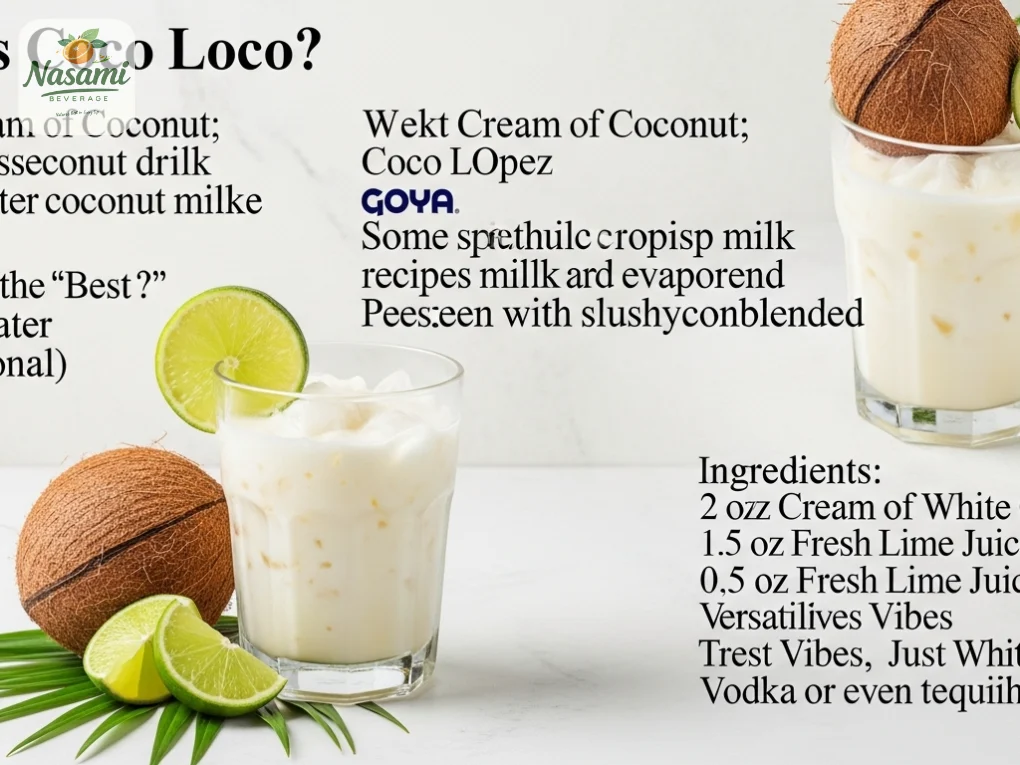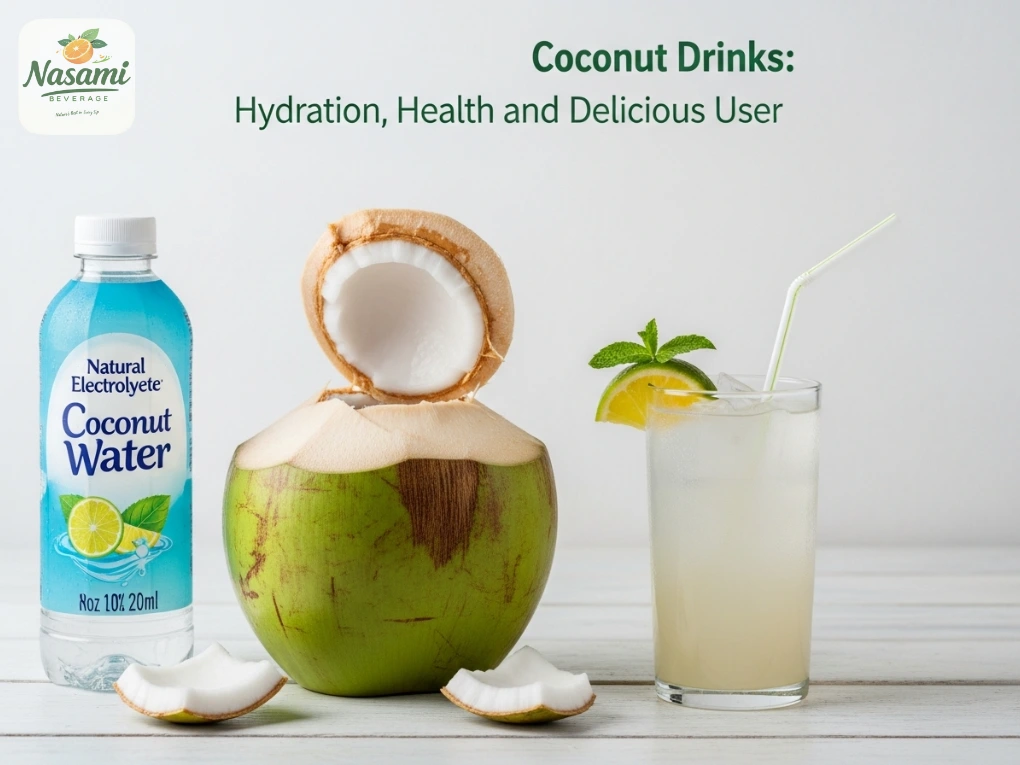Navigating the beverage aisle can be overwhelming, with a sea of options all promising refreshment and health benefits. Among the most popular are coconut-based drinks, celebrated for their hydrating properties and tropical taste.
But with so many choices, a critical question arises: How to choose the best coconut drink for your specific needs?
This comprehensive guide will break down everything you need to know, from deciphering labels to understanding processing methods, ensuring your next choice is both delicious and beneficial. Answering the question of how to choose the best coconut drink starts with understanding the fundamentals.
Disclaimer: This information is for educational purposes only and does not replace professional medical or veterinary advice. Always consult a qualified professional before making decisions related to your health or your pet’s health.
Coconut Water vs. Coconut Milk: What’s the Difference?
Before diving into the specifics of how to choose the best coconut drink, it’s crucial to understand the two primary categories. They are not interchangeable and serve very different purposes.
- Coconut Water: This is the clear, slightly sweet liquid found inside young, green coconuts. It’s naturally low in calories and fat but rich in electrolytes like potassium. It’s often consumed for hydration, especially by athletes, making it one of the top natural electrolyte drinks.
- Coconut Milk: This is a processed product made from the grated flesh (pulp) of mature, brown coconuts. The pulp is mixed with water and strained to create a rich, creamy, white liquid. It’s higher in calories and fat, particularly saturated fats like lauric acid, and is a popular staple in many cuisines and as a dairy-free milk alternative.
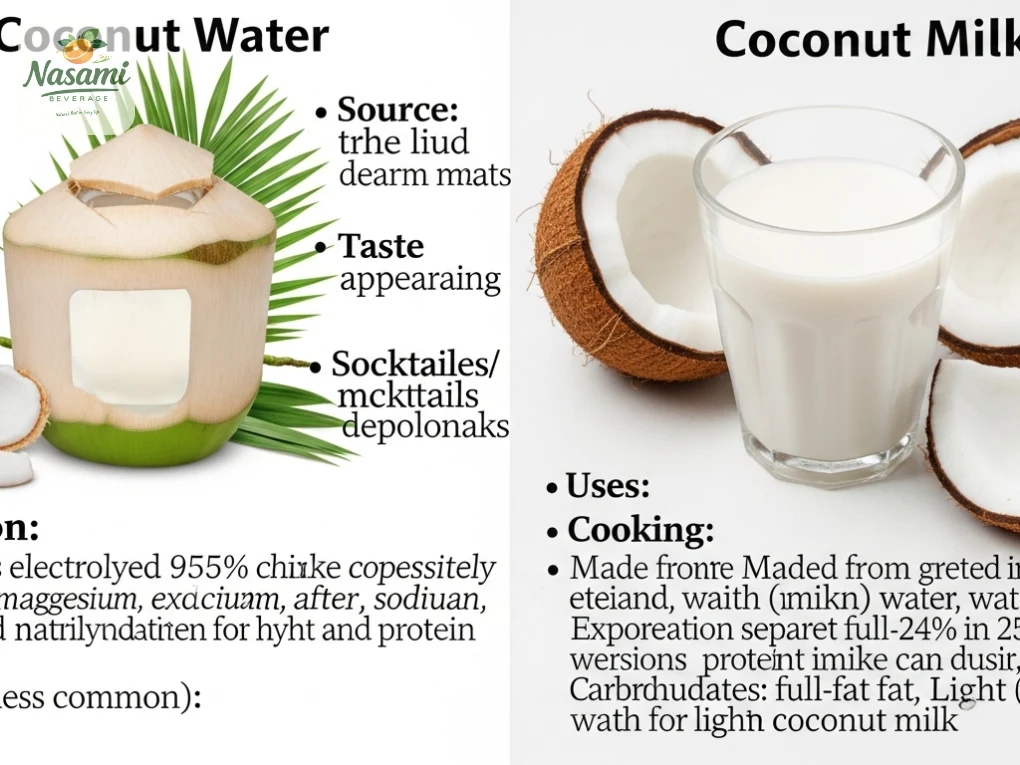
Key Factors to Consider When Choosing a Coconut Drink
When you’re learning how to choose the best coconut drink, several key factors should guide your decision. Looking beyond the flashy marketing on the front of the package is essential.
- Ingredients List: The shorter, the better. The ideal coconut water should have one ingredient: coconut water. Be wary of products with long lists of additives, flavorings, and preservatives.
- Sugar Content: Always check for added sugar. Natural coconut water has a subtle sweetness. Many brands add sugar or high-fructose corn syrup to enhance taste, which negates many of the health benefits. Opt for unsweetened versions.
- Certifications: Look for seals like USDA Organic and Non-GMO Project Verified. These certifications ensure the coconuts were grown without synthetic pesticides and are not genetically modified. This is a simple step in how to choose the best coconut drink.
How to Decode the Nutrition Label on Your Coconut Drink
The nutrition label is your best friend when determining how to choose the best coconut drink. It provides objective facts about the product’s contents. Pay close attention to the serving size and the amounts of key nutrients.
For a great coconut drink, you want to see a high level of potassium-a key electrolyte for hydration. Compare the sodium-to-potassium ratio; a good coconut water will have significantly more potassium. Also, analyze the coconut milk nutrition panel for fat content if you’re watching your calorie intake.
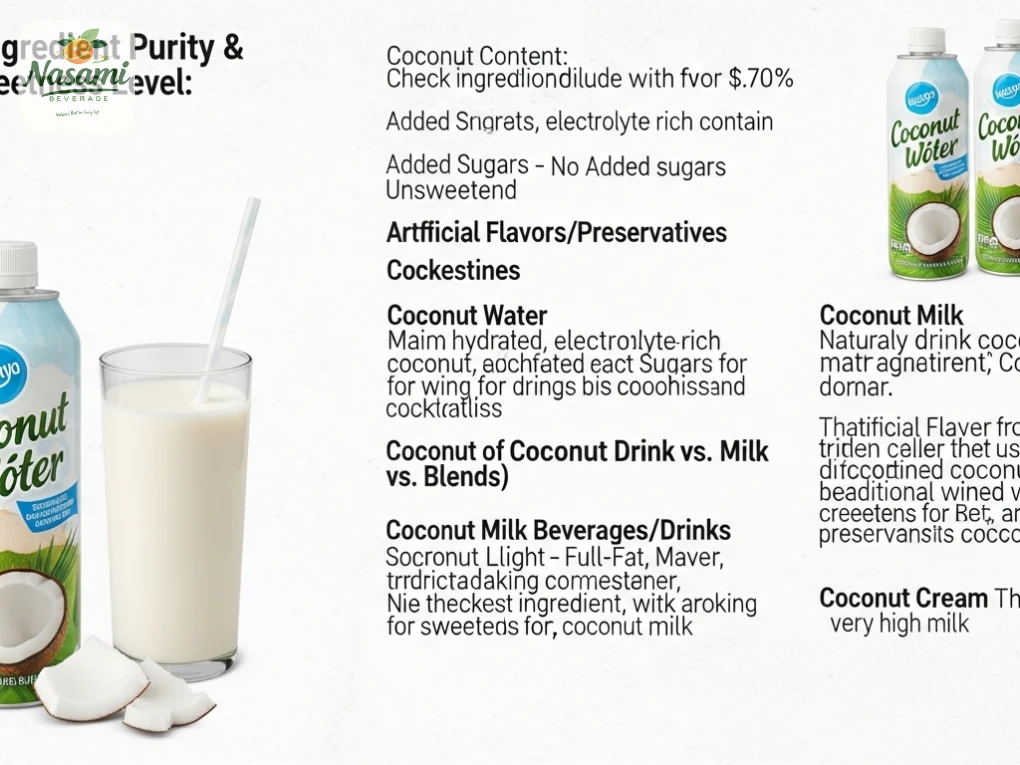
The Telltale Signs of a High-Quality Coconut Water
Beyond the label, certain characteristics can indicate a superior product. A key aspect of how to choose the best coconut drink is recognizing quality.
High-quality coconut water that is cold-pressed or minimally processed often has a cleaner, more authentic taste.
The debate of pulp vs no pulp is a matter of personal preference, but the presence of pulp can sometimes indicate a less filtered, more natural product. Be cautious of any “coconut flavored” drinks that rely on artificial flavors rather than real coconut essence.
From Concentrate vs. Not From Concentrate: A Crucial Distinction
This is a critical point in learning how to choose the best coconut drink.
- Not From Concentrate (NFC): This means the coconut water was likely pasteurized and packaged directly from the coconut. It retains more of its natural flavor and nutrients. This is almost always the better choice.
- From Concentrate: The coconut water has been heated and evaporated to create a syrup, which is later reconstituted with water. This process can significantly alter the taste and diminish the nutritional value.
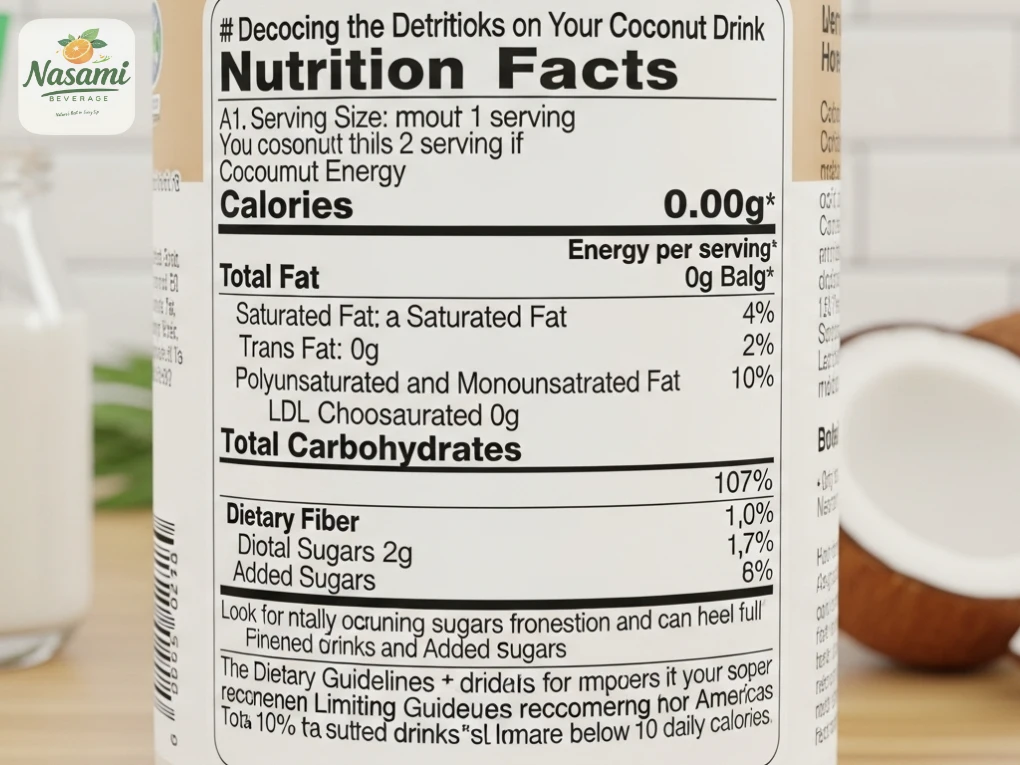
Why the Origin of the Coconut Matters for Taste
Just like wine grapes, coconuts have a “terroir.” The region where they are grown affects their flavor profile. Coconuts from Thailand, particularly the Nam Hom variety, are renowned for their sweet, nutty flavor.
Coconuts from the Philippines and Brazil also have distinct taste characteristics. Brands that specify a single-origin source often pride themselves on quality and consistency, a good indicator when you’re deciding how to choose the best coconut drink.
Pink vs. Clear Coconut Water: What’s the Real Story?
You may have noticed some coconut waters have a pinkish hue. This isn’t an additive. It’s a natural phenomenon where antioxidants and enzymes in the coconut water react with light and air, causing it to turn pink.
Brands like Harmless Harvest are famous for this. This pink color is often seen as a sign of minimal processing and high antioxidant levels, making it a desirable trait for many consumers.
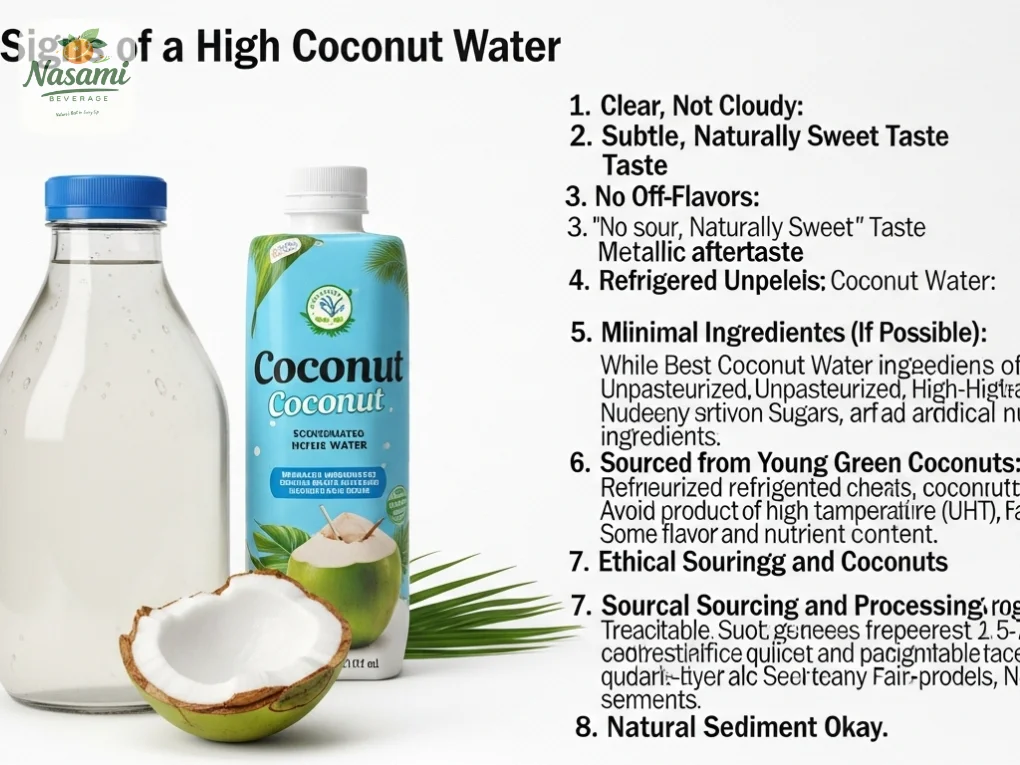
Navigating the World of Coconut Milk: Culinary vs. Beverage
When it comes to coconut milk, it’s essential to distinguish between the two main types available. Culinary coconut milk, usually sold in cans, is thick and high in fat, perfect for curries and sauces.
Beverage coconut milk, sold in cartons like Tetra Pak, is diluted with water to have a consistency similar to cow’s milk.
This makes it an excellent choice for cereals, coffee, smoothies, and as a general plant-based beverage. Understanding this is vital to how to choose the best coconut drink for your intended use.
Full-Fat vs. Light Coconut Milk: Which is Right for You?
For beverage purposes, you’ll mostly find “light” versions. However, when choosing for smoothies or creamier drinks, you might face this choice.
- Full-Fat: Contains all the natural fats from the coconut, including beneficial Medium-Chain Triglycerides (MCT oil). It provides a richer flavor and creamier texture.
- Light (or Lite): This is simply full-fat coconut milk that has been diluted with more water to reduce the fat and calorie content. It’s a good option for those monitoring their fat intake.
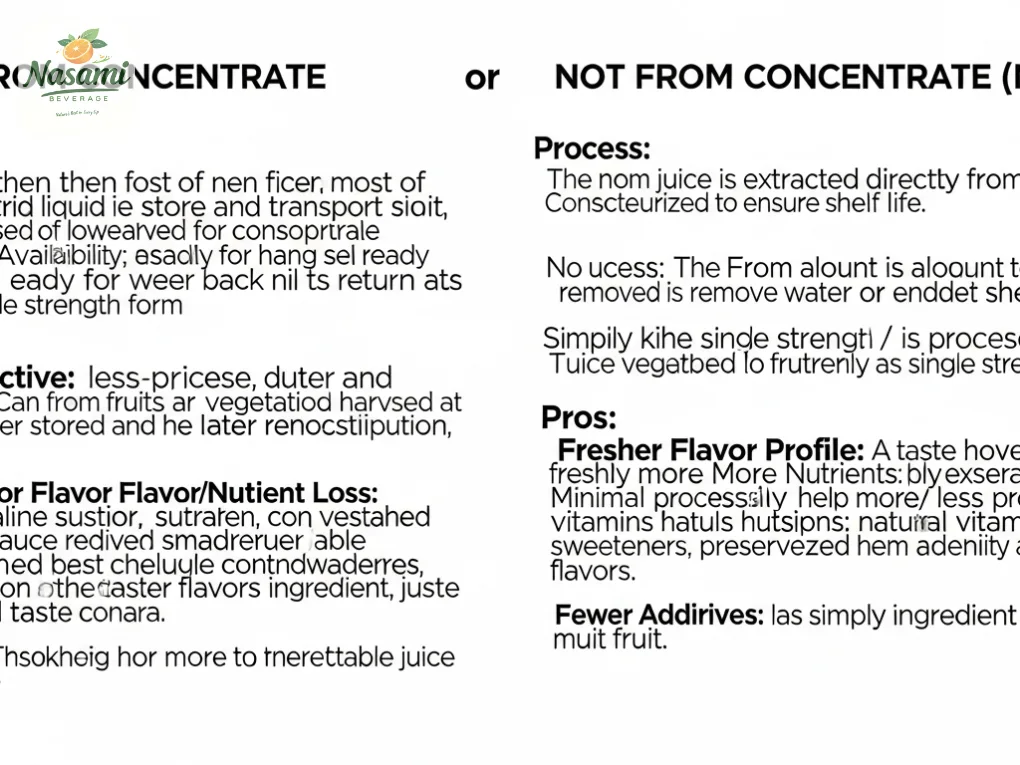
Unmasking Hidden Additives: What to Avoid in Your Coconut Drink
A crucial part of how to choose the best coconut drink is knowing what to avoid. Scrutinize the ingredients list for unnecessary thickeners like carrageenan, guar gum, and xanthan gum.
While some are harmless in small amounts, they can sometimes cause digestive upset and are used to create an artificial texture. Also, steer clear of artificial flavors and natural sweeteners that are highly processed, like cane sugar.
The Impact of Pasteurization and Processing on Nutritional Value
How a coconut drink is processed significantly affects its nutritional profile and taste.
- UHT (Ultra-High Temperature) Pasteurization: This involves flash-heating the liquid to a very high temperature to sterilize it, giving it a long shelf life. However, this intense heat can destroy some delicate nutrients and enzymes, and slightly alter the taste.
- HPP (High Pressure Processing): This is a non-thermal alternative that uses immense pressure to kill pathogens. It preserves more of the natural flavor and nutritional value of the coconut water, making it a superior choice. Many premium, cold-pressed brands use HPP.
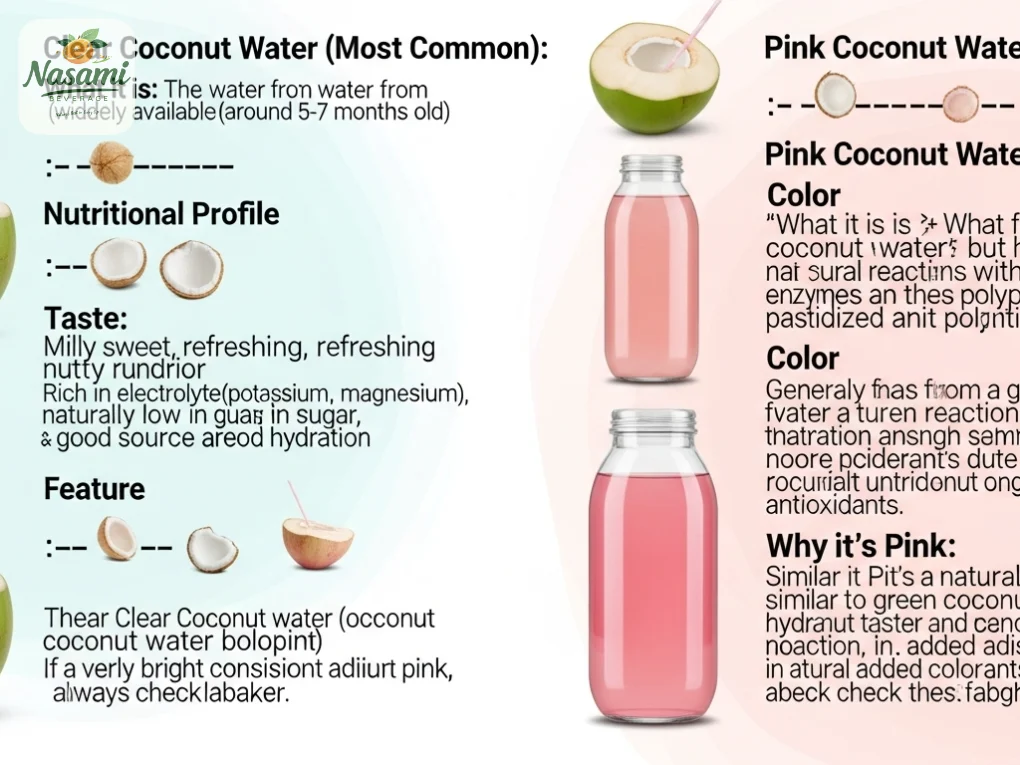
Cans, Cartons, or Bottles: Does Packaging Affect Quality?
Packaging does more than just hold the liquid. When deciding how to choose the best coconut drink, consider the container. Tetra Pak cartons are excellent at blocking light and oxygen, which helps preserve the nutrients and flavor.
If you choose cans, look for a BPA-free lining to avoid potential chemical leaching. Glass bottles are a great, inert option but can let in light, which may degrade some nutrients over time.
Top-Rated Coconut Water Brands for Purity and Taste
While taste is subjective, some brands consistently rank high for their commitment to quality.
- Harmless Harvest: Famous for its pink color, organic sourcing, and commitment to fair trade.
- Vita Coco: Widely available and known for its consistent taste, often sourced from various locations.
- Taste Nirvana: Praised for its authentic, sweet flavor, often using coconuts from Thailand and packaging in glass bottles.
- Zico: Another major player, offering a “not from concentrate” product that is a favorite for hydration for athletes.
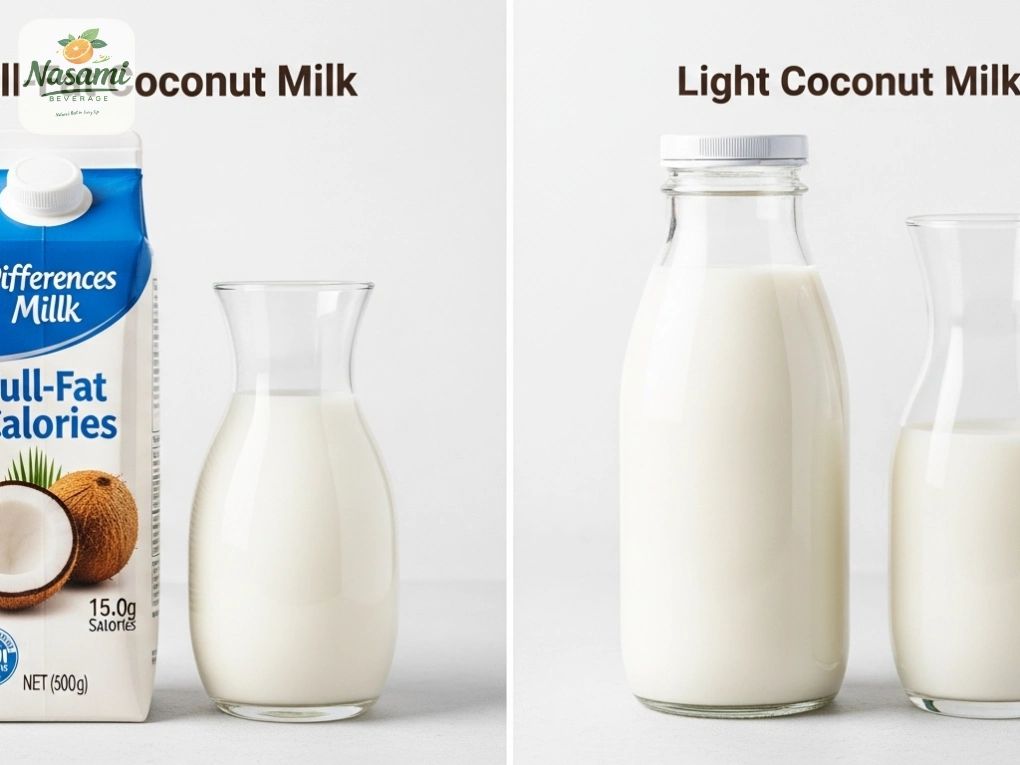
The Best Coconut Milk Brands for Drinking and Smoothies
For a ready-to-drink milk alternative, certain brands stand out. So Delicious offers a wide range of organic, unsweetened coconut milk beverages that are smooth and versatile. Always check for the “unsweetened” label to avoid unnecessary sugars.
Making the Perfect Choice for Your Health and Palate
Ultimately, the journey of how to choose the best coconut drink is a personal one. By understanding the differences between water and milk, reading nutrition labels diligently, and recognizing the signs of high-quality processing, you are now empowered to make an informed decision.
Whether you’re seeking post-workout hydration, a creamy addition to your coffee, or a refreshing tropical treat, the perfect coconut drink is out there.
Remember to prioritize purity, avoid added sugars, and consider the origin and processing methods to truly enjoy all the coconut water benefits and the rich taste of these incredible plant-based beverages.
Follow NasamiBeverage on social media
- Pinterest: pinterest.com/nasamibeverage/
- Youtube: @Nasamibeveragecom
